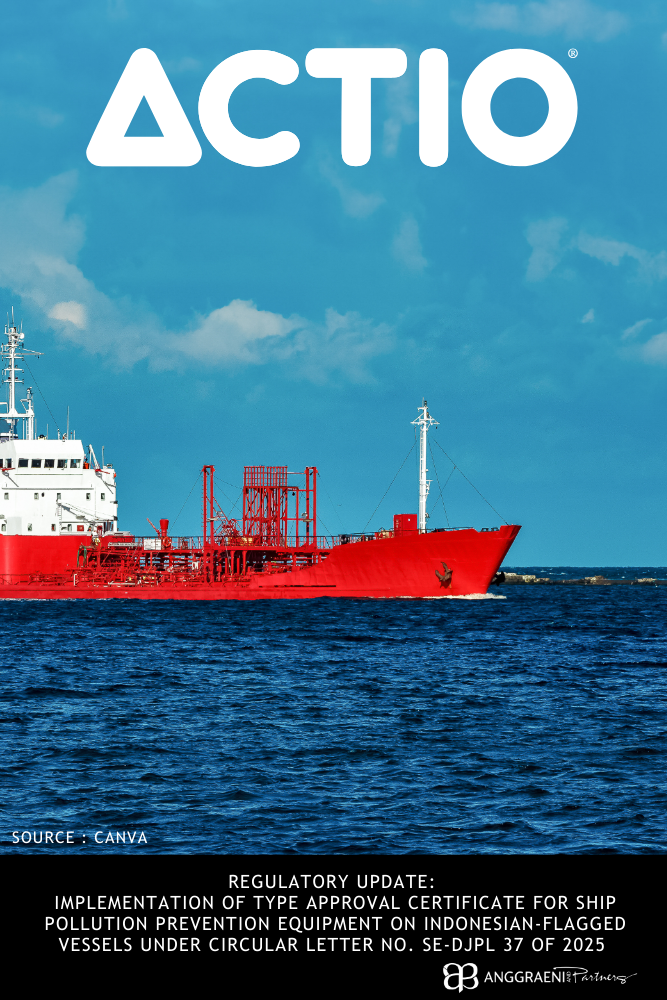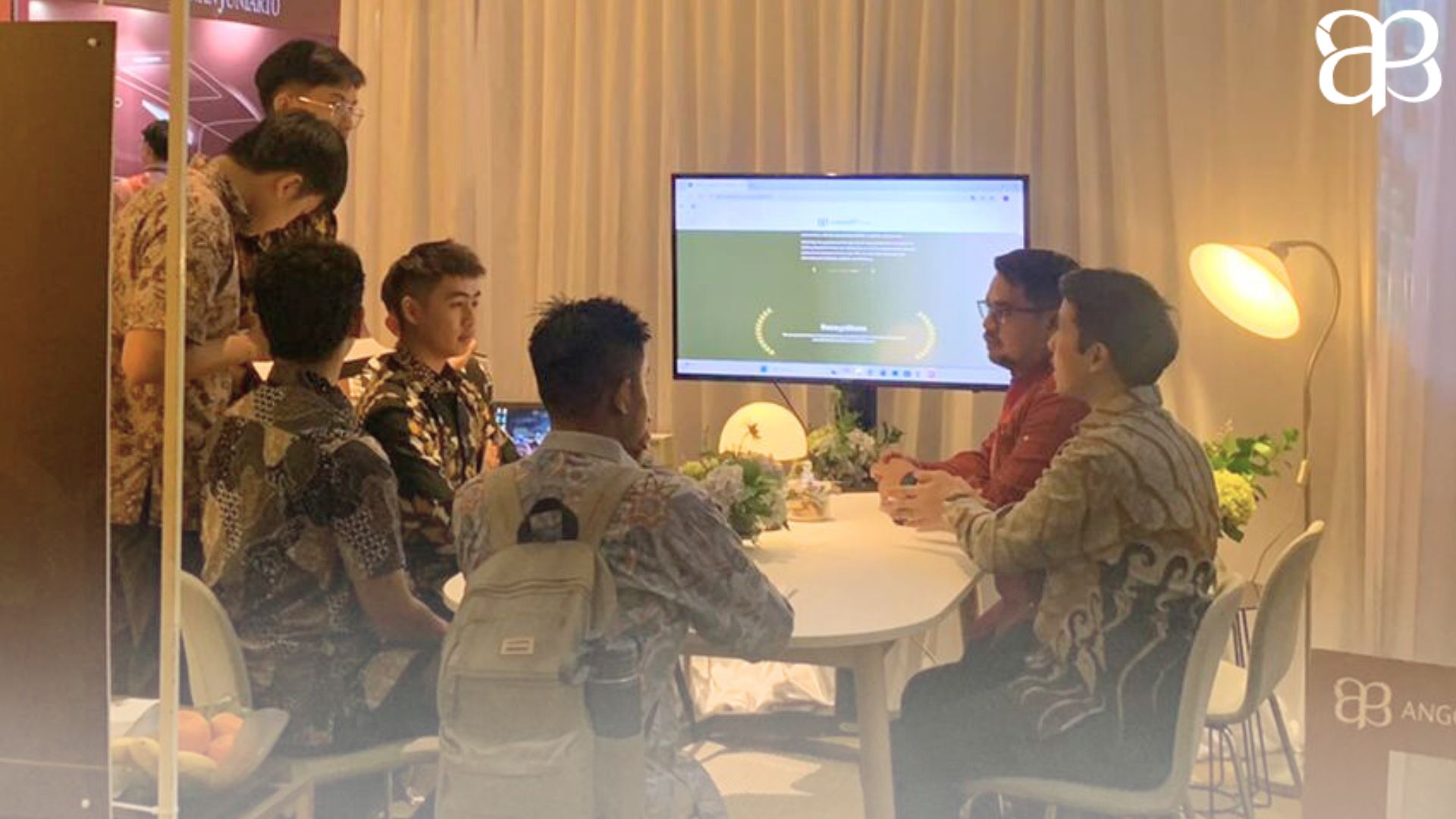- Home
- Capabilities
- ACTIO® Hub
- About Us
- Connect with Us
- AP Library
In a recent webinar hosted by Angraini and Partners, maritime industry stakeholders were offered guidance on managing legal shipping risks in the current era of global trade wars. The session, titled “How to Manage Illegal Shipping Risk in the Era of Global Trade War,” featured the firm’s Knowledge Lawyer, Tiyana Sigi Pertiwi, who delivered an analysis of the legal and contractual challenges arising from international trade sanctions.
In her presentation, Ms. Pertiwi explained that modern trade sanctions are often “smart sanctions” that can target specific individuals, entities, vessels, and even cargoes. She noted that major sanctioning authorities like the U.S., EU, and UK are increasingly applying their rules extraterritorially, which can affect foreign companies, including those in Indonesia, even without a direct link to the sanctioning country’s jurisdiction.
A key risk she identified is the emergence of a “dark fleet”—vessels using deceptive practices like AIS manipulation and false flags to transport sanctioned goods under the radar. The speaker highlighted the Malacca Strait as a high-risk area for such activities, pointing to a recent case where several Indonesian tugboats were added to a sanctions list for assisting an illegal ship-to-ship transfer of sanctioned Iranian oil.
The speaker then outlined the unique legal situation for Indonesian businesses. Ms. Pertiwi stated that while Indonesia does not recognize or enforce foreign trade sanctions as part of its domestic law, the principle of freedom of contract is a cornerstone of Indonesian law, meaning that agreements are legally binding on the parties who make them.
As a result, the effects of sanctions—such as a vessel being detained or payments being blocked—can lead to a party being unable to fulfill its contractual duties. This non-performance could be considered a breach of contract under Indonesian law. The speaker explained that while a party might try to use a force majeure defense, its success would depend entirely on the specific wording within the contract.
Ms. Pertiwi emphasized that because sanctions legislation is often imprecise and volatile, the most effective way to manage these risks is through careful contract drafting. She asserted that standard force majeure clauses typically found in Indonesian contracts are likely not sufficient to provide adequate protection against sanction-related issues.
Her recommendations for proactive mitigation included:
During the Q&A session, another participant, Dr. Hary Elias, provided an additional commercial perspective. He noted that the ability to include a strong, protective sanction clause in a contract often comes down to bargaining power. Dr. Elias also highlighted the inherent internal conflict within companies between marketing departments, which want to secure deals, and compliance departments, which are focused on mitigating risk.
He drew a parallel to how contracts evolved after the COVID-19 pandemic to include clauses for illnesses and pandemics. Dr. Elias predicted a similar trend, stating that comprehensive sanction clauses will likely become a standard feature in most trade and maritime agreements within the next one to two years.
The webinar concluded with the speakers reinforcing the key message that proactive legal risk management is no longer optional but a fundamental necessity for Indonesia’s shipping industry. The session underscored that in the current geopolitical climate, meticulous contract drafting is the most critical tool for navigating the uncertainties of global trade.


